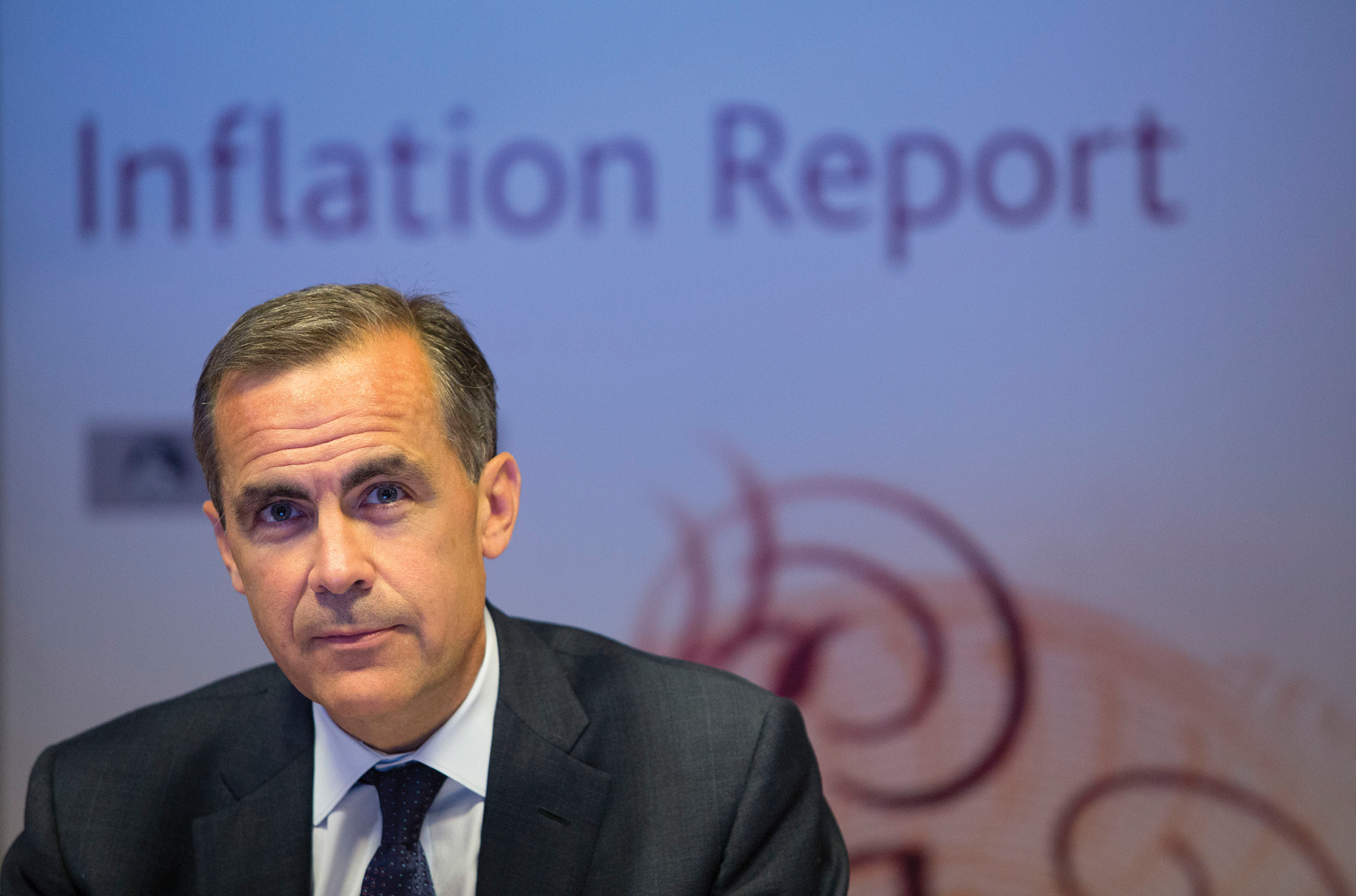Mortgages
Interest rate guidance: Carney tries to reassure markets

Bank of England governor, Mark Carney, has reaffirmed his pledge to keep interest rates low until the “fledgling recovery” is secured.
Speaking to business leaders in Nottingham, Carney reiterated that the Bank will only consider raising the base rate when the unemployment rate, currently at 7.8%, falls at least to a threshold of 7%.
He said the bank rate will not automatically rise when unemployment falls to 7% but explained that the 7% threshold is a staging post along the road to recovery and that rates will not go up until “jobs and incomes are really growing”.
Responding to financial markets, which have priced in a rate hike in mid-2015, sooner than the Bank’s forecast, Carney said the unemployment rate could take some time to fall for three reasons:
“First while the outlook for growth has improved considerably in recent months, growth prospects over the next three years are solid not stellar. The MPC’s current forecast is for growth to average around 2½% per year over the next three years, just below its historical average rate of 2¾%. That suggests spare capacity will be used up only gradually.
“Second, a great many jobs need to be created to bring unemployment down. A fall in unemployment from its current level to 7% over three years would mean well over three quarters of a million new jobs created – and given the shrinkage in the public sector, over a million new jobs in the private sector.
“Third, a recovery in growth does not necessarily mean faster job creation and lower unemployment.”
Carney also said the Bank of England will intervene in banks and building societies’ mortgage lending if they appear to be stoking a house price bubble.
He said: “The important thing to recognise is that we now have tools other than interest rates that can be used to contain risks in the property and financial sectors. These so-called macroprudential tools were not available to us before the crisis and we are now fully prepared to deploy them if that were needed.
“The Bank of England is now in a position, for example, to supervise lending to specific sectors more intensively, to make recommendations to banks and building societies to restrict the terms on which new credit is provided, or even to raise capital requirements on mortgage or other types of lending.
“Having these in our toolkit – and if necessary using them – will help us to keep interest rates low to secure recovery without creating risks that make that recovery ultimately unsustainable.”
The governor, who took office in July, also hit back at criticism that the Bank’s pressure on lenders to repair their balance sheets was holding back lending: “The reality is the opposite: where capital has been rebuilt and balance sheets repaired, banking systems and economies have prospered.
“US banks have added more to their capital base since the crisis and, as a result, have been able to provide more credit to their economy than UK banks have to ours.”
In the past two years, UK banks had reduced their lending to the real economy by 1% but US banks had increased lending by more than 8%, he added.